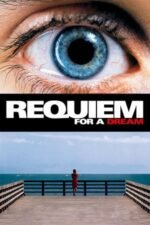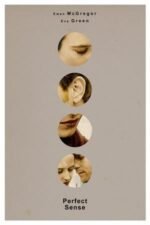Beyond Butterflies & Breakups: Exploring Relationships on Film
Okay, so we’re talking about “boyfriend/girlfriend relationships” – a seemingly simple topic, right? But when you start looking at it through the lens of cinema, things get really interesting. It's not just about rom-com tropes and happily ever afters; film has always been fascinated by the messy, complicated, sometimes heartbreaking realities of connection. And I don’t just mean the “will they/won’t they” stuff – it's about what those relationships reveal about us as individuals and as a society.
Think about Relativity, for example. It's not a flashy film, but its quiet observation of Nora and Aron’s seemingly perfect life before tragedy strikes is incredibly powerful. It highlights how easily contentment can be shattered, and how even the most stable foundations can crumble under pressure. It makes you consider: what does it really mean to have a "good" relationship? Is it about constant happiness, or something deeper – resilience, empathy, shared strength in the face of adversity?
Then you’ve got films that take those dynamics and twist them into something far more unsettling. Companion, with its technological paranoia and hidden secrets, throws a wrench into any notion of trust and intimacy. The idea that your closest relationships might be built on lies or manipulated by unseen forces is genuinely chilling – it speaks to our anxieties about surveillance and the erosion of privacy in the digital age. It’s like a modern-day take on classic suspense films, but with a very specific focus on how technology can poison even the most cherished bonds.
And let's not forget that relationships aren't always romantic. Little Vera offers a starkly different perspective – a raw and unflinching look at a young woman adrift in a crumbling society, using fleeting connections as a way to numb the pain of her circumstances. It’s a far cry from the idealized portrayals we often see, and it reminds us that relationships can be a source of both comfort and exploitation.
Even something seemingly lighter like Christmas with the Campbells uses the backdrop of a holiday gathering to explore grief, unexpected connections, and the possibility of moving on after loss. It’s not just about finding love; it's about finding hope and human connection in the wake of heartbreak.
What I find fascinating is how filmmakers use these relationship narratives to comment on broader societal issues – political upheaval (Little Vera), historical trauma (The Butcher of Prague), even psychological manipulation (Ek Thi Daayan). They’re not just telling stories about couples; they're holding a mirror up to ourselves.
Ultimately, exploring relationships in film isn’t about finding easy answers or predictable outcomes. It’s about grappling with the complexities of human connection – the joy, the pain, the betrayal, and the enduring hope for something more. And that, my friends, is what makes cinema so endlessly rewarding.







































